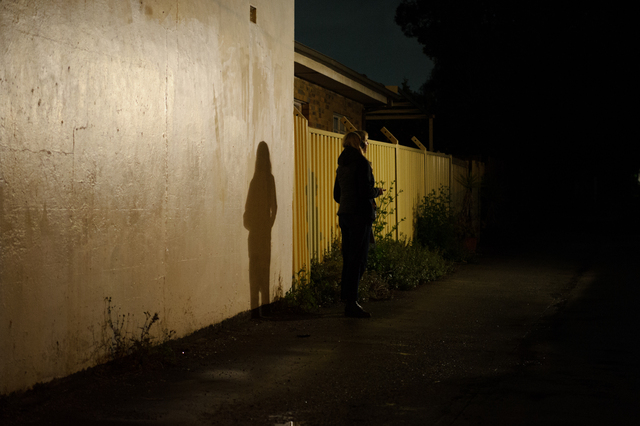Housing stress continues to worsen in regional areas, with Kyneton and Woodend now classified as ‘unaffordable’ places to rent.
The Rental Affordability Index (RAI), released last week by SGS Economics, National Shelter, Beyond Bank and Brotherhood of St. Laurence, showed rental affordability in regional Victoria had decreased significantly since the start of the COVID-19 pandemic.
“Rental affordability in regional Victoria has reached a historic low,” the report said.
According to the report, more than 40 per cent of low-income households are now in rental stress – meaning they spend more than 30 per cent of their income on rent.
Unaffordability is classified by the RAI as when a household spends between 30 to 38 per cent of its income on rent.
Sunbury and Cobaw Community Health (SCCH) runs a housing support program for people in the Macedon Ranges, providing assistance for those at risk of homelessness.
“Families are being forced to move away from their hometown, where their children go to school, where they work, the place where their support networks are, their family and friends,” SCCH housing support team manager Justine Maher said.
“With rental prices exploding across many regional areas it leaves those on low incomes or single income households at a serious disadvantage with few affordable housing options.”
National housing campaign Everybody’s Home said the index emphasises the “chronic investment” in social and affordable housing in the last 10 years.
Everybody’s Home’s national spokesperson Maiy Azize described the current rental affordability in Australia as a national shame.
“Australia’s housing crisis has reached fever pitch. No part of the country has been spared. Rents are shooting up in towns and regions, and our cities have never been more expensive, ” Ms Azize said.
RAI lead author, SGS economics and planning partner Ellen Witte, said the pandemic saw the existing rental crisis spread to the regions, when many people left capital cities.
“More and more regional households are struggling to pay their rent and key workers are unable to access housing,” she said.

















